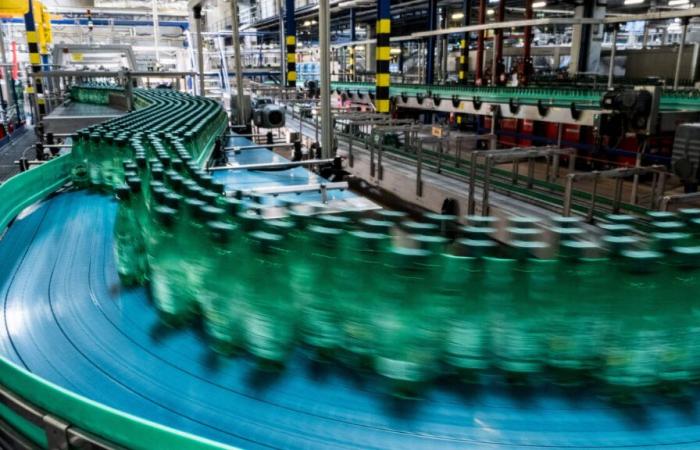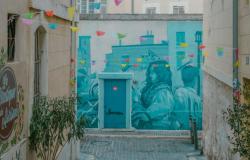A first complaint followed by an agreement
Foodwatch had filed an initial complaint in Paris targeting Nestlé Waters and Sources Alma (Cristaline, St-Yorre, Vichy, etc.), transferred by the public prosecutor’s office in the capital to that of Epinal, which had already opened a preliminary investigation for deception targeting the Vevey giant.
This investigation ended with the signing on September 10 of an agreement (a Cjip, Judicial Convention of Public Interest) between Nestlé and the Epinal Judicial Court, by which the group agreed to pay a 2 million euro fine and to “repair the ecological impact” in exchange for the abandonment of all criminal proceedings for the acts committed in the Vosges.
On Wednesday morning, the consumer protection association announced to several media outlets that it would file two new complaints in Paris that same day, this time with civil action, which generally allows for the appointment of an investigating judge.
For Foodwatch, this legal agreement in Epinal has “brushed under the carpet any public action against Nestlé Waters Grand Est” and “allows the multinational to get away with it by taking out its checkbook” in a “massive fraud case that has affected the entire world for decades.”
The complaints again target Nestlé and the Sources Alma group, which produces Cristaline, the best-selling water in France, and which is already the subject of a preliminary investigation by the Cusset (Allier) public prosecutor’s office. The Alma group had indicated that this criminal procedure concerned “old and isolated facts specific to certain production sites” and assured that its flagship brand, Cristaline, was not concerned.
“State complacency”
For Foodwatch, there is room for further investigation regarding the two groups. The association also questions “the complacency of the State in this affair” which “raises the question of its responsibility”.
Initial warnings had already been issued on this subject: in November 2022, Médiacités had indicated that the fraud squad was investigating the production of St-Yorre, Vichy Célestins and Chateldon waters, owned by Sources Alma, and in particular the “concealed addition of industrial carbon dioxide and a banned chemical substance”.
In July 2022, a report from the General Inspectorate of Social Affairs, kept secret until last January, also alerted the administration to this use of prohibited treatments to purify mineral waters, which was estimated at around a third of brands in France, a low range given that such practices are “deliberately concealed”.
Is it even older? Mediapart mentioned another investigation report from last April and produced by the General Directorate for Competition, Consumer Affairs and Fraud Control (DGCCRF), according to which Nestlé Waters had been using these prohibited treatments for its three Vosges mineral waters for at least fifteen years.
The profit provided to the company was estimated in this report at 3 billion euros, a figure contested by Nestlé Waters. Also in July, it was the European Commission that in turn criticized France, estimating in an audit that the system set up in France to control bottled water is tainted by “serious shortcomings” and does not guarantee the absence of fraudulent products on the shelves.






